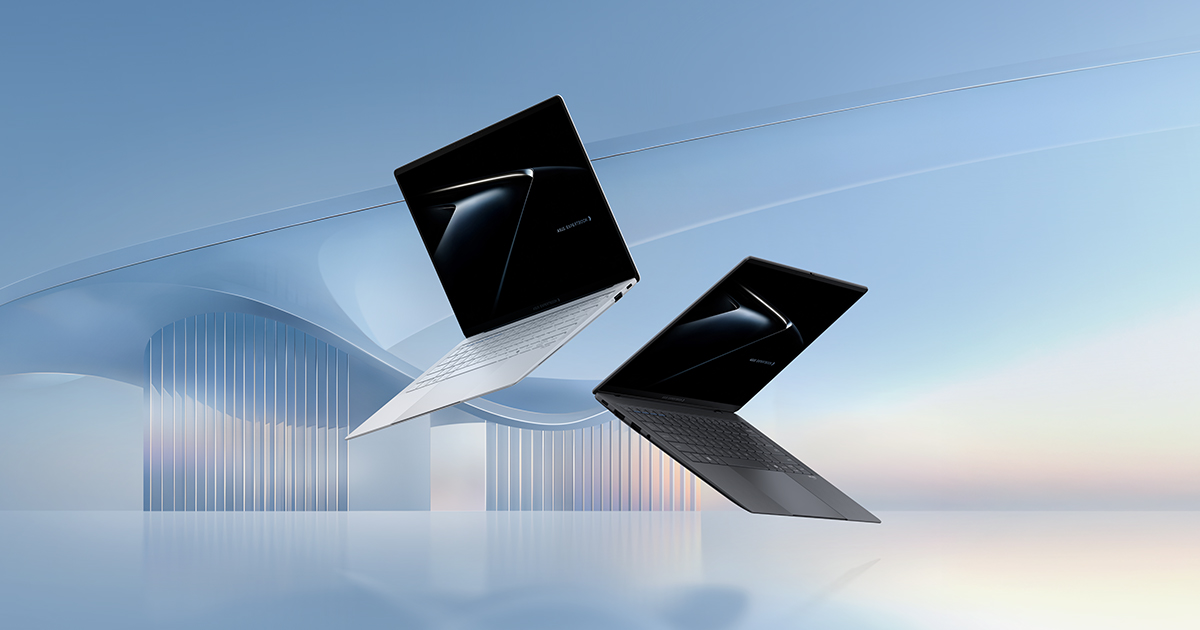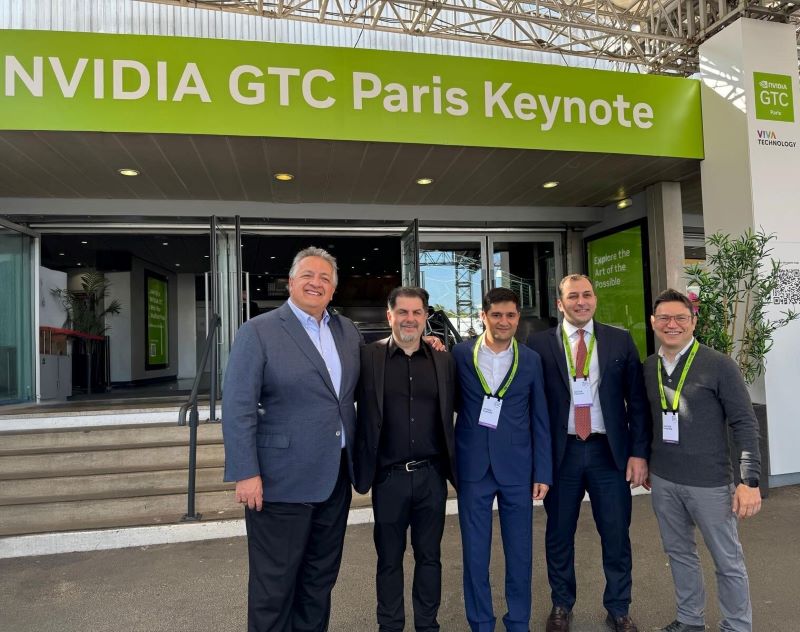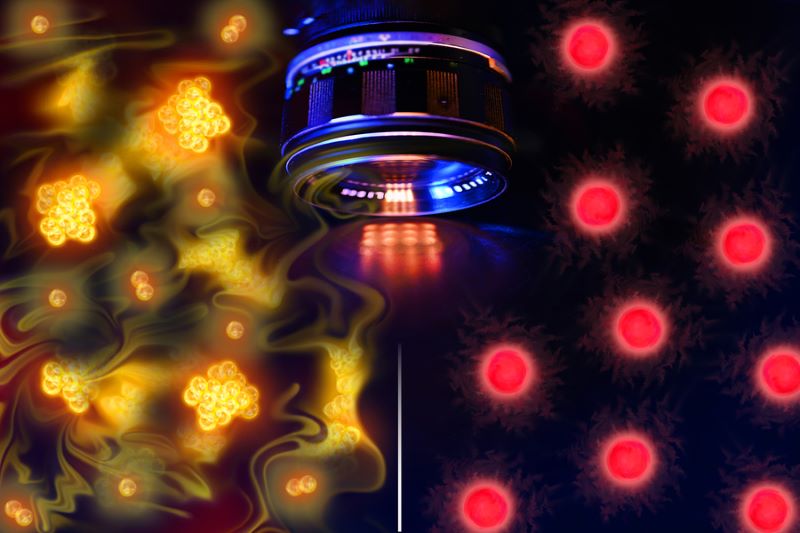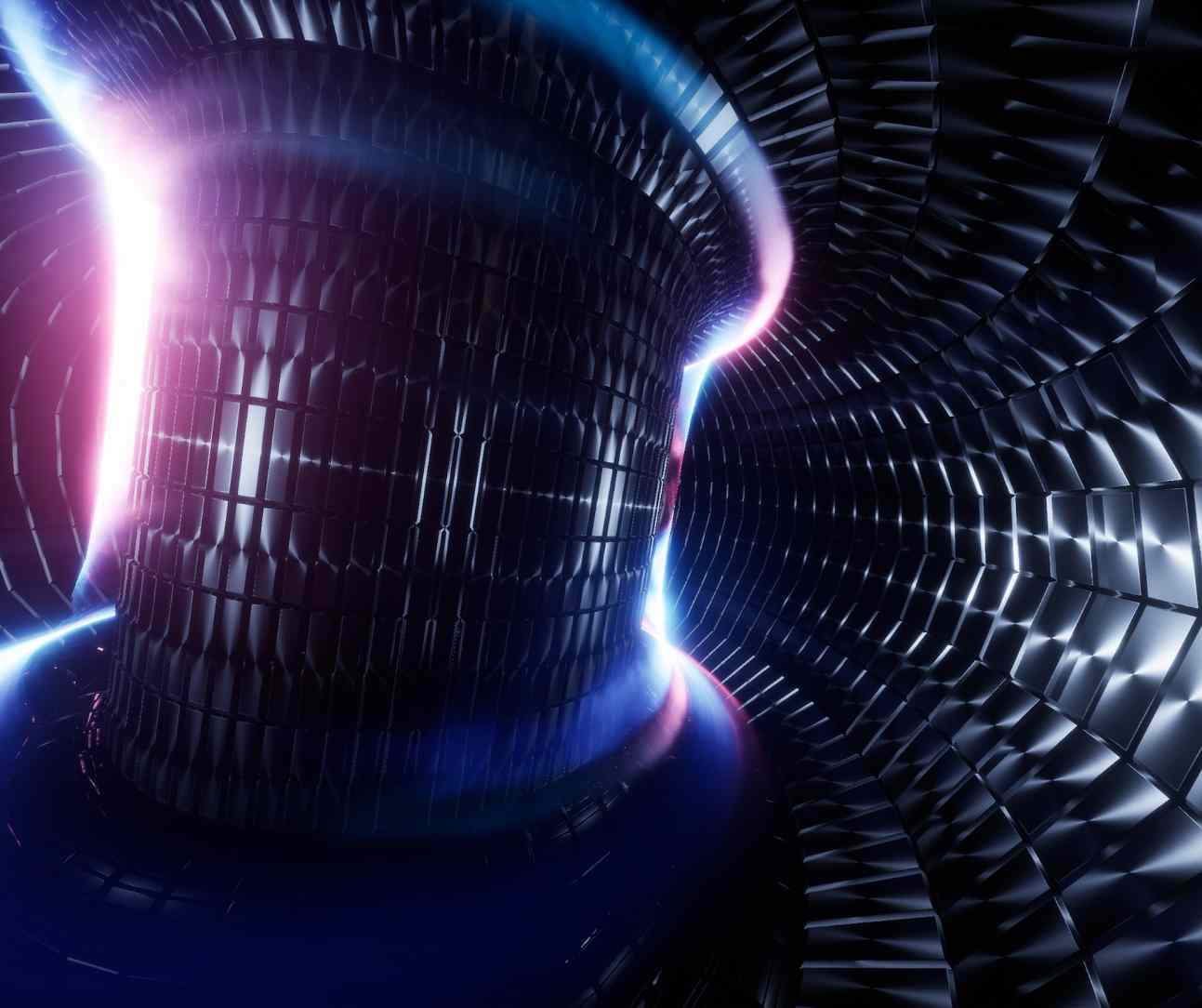Elon Musk’s brain implant startup, Neuralink, has announced that it is accepting applications for a second human trial participant. The company plans to continue testing its groundbreaking brain-computer interface technology. This call for participants comes five months after the successful implantation of the first trial participant, Noland Arbaugh.
The Telepathy Cybernetic Brain Implant
Neuralink’s innovative technology, known as the Telepathy cybernetic brain implant, allows users to control their phones and computers just by thinking. In particular, this revolutionary device represents a significant advancement in brain-machine interface technology. It has the potential to transform the lives of individuals with severe physical limitations, such as those with spinal cord injuries or amyotrophic lateral sclerosis (ALS).
Noland Arbaugh’s Transformative Experience
The first participant in Neuralink’s trial, 30-year-old Noland Arbaugh, has experienced life-changing benefits from the implant. Arbaugh, who became a quadriplegic following a diving accident in 2016, can now control a computer cursor with his brain. In fact, this newfound ability has significantly improved his quality of life, he told Good Morning America.
According to him, this is another step for people with paralysis to wake up in the mornings.
Neuralink Challenges and Progress
Despite the promising start, Arbaugh’s journey with the implant has not been without challenges. Recently, the threads connecting the chip to Arbaugh’s brain retracted, causing performance issues. Subsequently, Neuralink addressed the problem by making necessary adjustments to improve the device’s functionality.
Moreover, the company said they would continue to work on these small issues before they get marketed.
Future for Neuralink
While widespread consumer access to technology is still a long way off, the ongoing trials represent a significant step toward making brain-machine interfaces a reality. Elon Musk envisions a future where spinal cord injuries are no longer debilitating, and individuals can regain mobility and independence through advanced technology.
For now, Neuralink continues to refine its technology and gather essential data from its clinical trials. The company is optimistic about the future.
Read other tech news on techandevices.com.









